Our personal favorites that just missed GOTY 2015
LEON HURLEY

Mad Max
This was an oddly divisive game this year for many. Yes, its mechanics could be thought as a little rote and prescribed, with combat and key systems lifted wholesale from other games, but it was very much more than the sum of its parts. The world works beautifully, tying everything together with a violent and otherworldly cohesion that captures the idea of the films perfectly. Screaming through the desert, through clouds of dust in search of camps and convoys makes you really feel like you’re living the part. And the slow upgrading progress of your car from basic motor to spike-covered, wheeled death machine - arguably the entire point of the game - adds a constant and satisfying draw to continue.
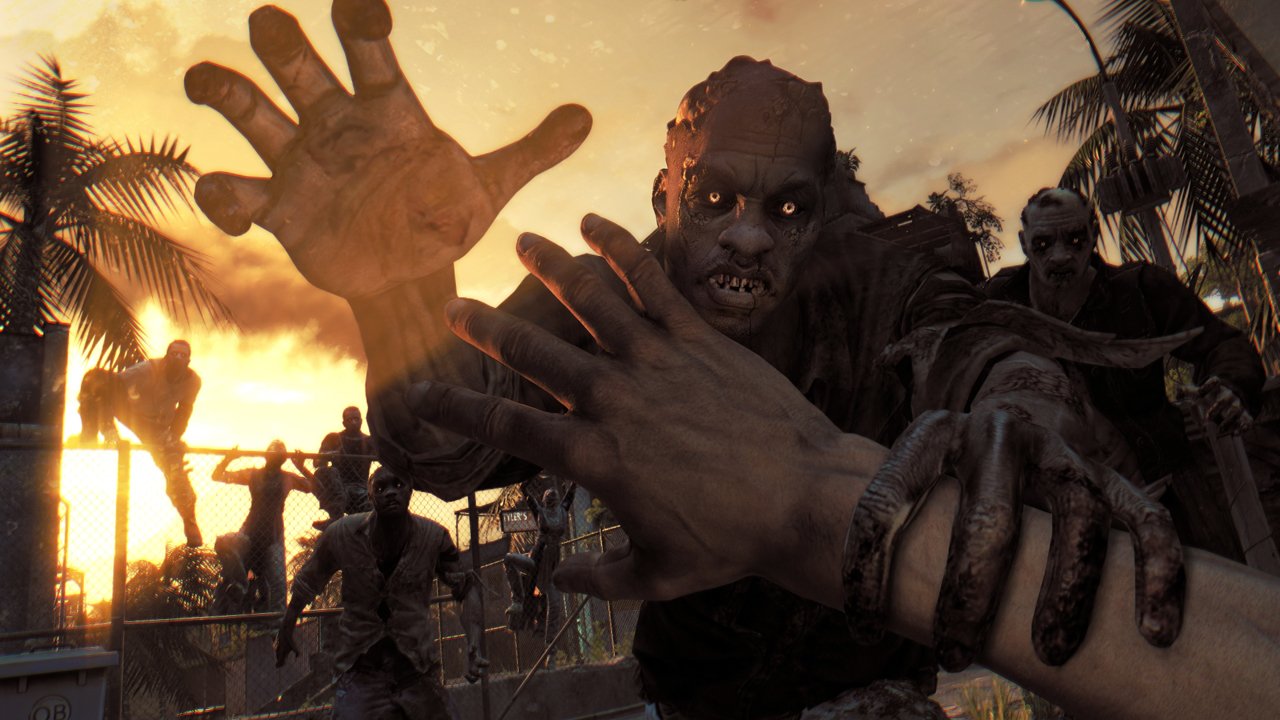
Dying Light
Dead Island 1 and 2 were rubbish. But I played them because I loved the idea of a zombie-filled open world. Pre-Dying Light Techland was not a great studio and I sat down to play this with little more than hope where there should be excitement. Turns out there was plenty of the latter after all, with a game that felt like it came from another studio. The real win comes from the simple but flexible parkour system that turns corpse-littered streets and buildings from fixed areas to a parade of opportunities. More than anything else this nailed the ‘running away from zombies’ bit better than any of its peers - an element often overlooked in favor of ‘focus on hitting them with stuff’. Here, however, the ledge scrabbling escapes bring everything to life.
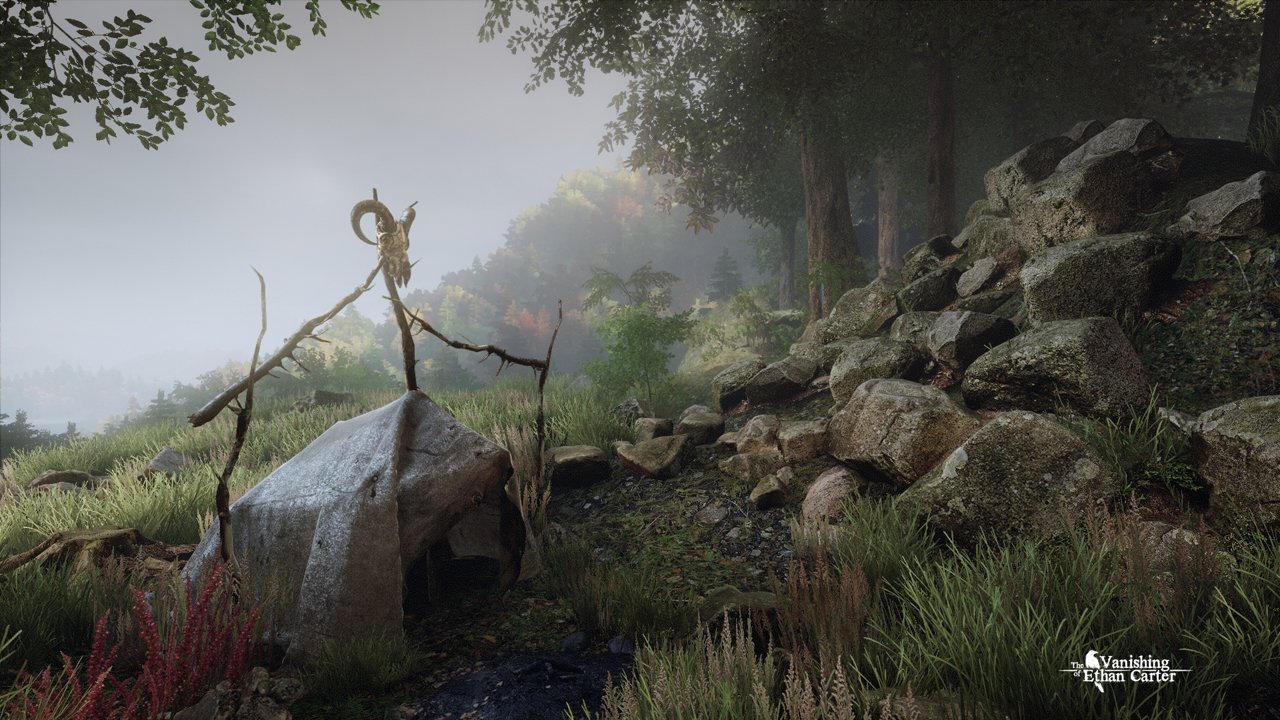
The Vanishing of Ethan Carter
An ethereal, vaguely ambient explore-em-up murder mystery is not what you expect from same team that brought you Bulletstorm. Instead of shotgun crotch-shots and alien people-eating plants this involves an open world wander through a small town trying to piece together the disappearance of a small boy. The memory-assembling flashback jigsaws you use to solve murders have a lovely tactile feeling of detection as you piece together the fragments, and the mystery of it all coming together gives it a real whodunnit air. There’s a few misfires towards the end (and an open world structure that forces you to go back and finish anything you missed) but those opening few hours of uncertainty are magical.
DAVE HOUGHTON
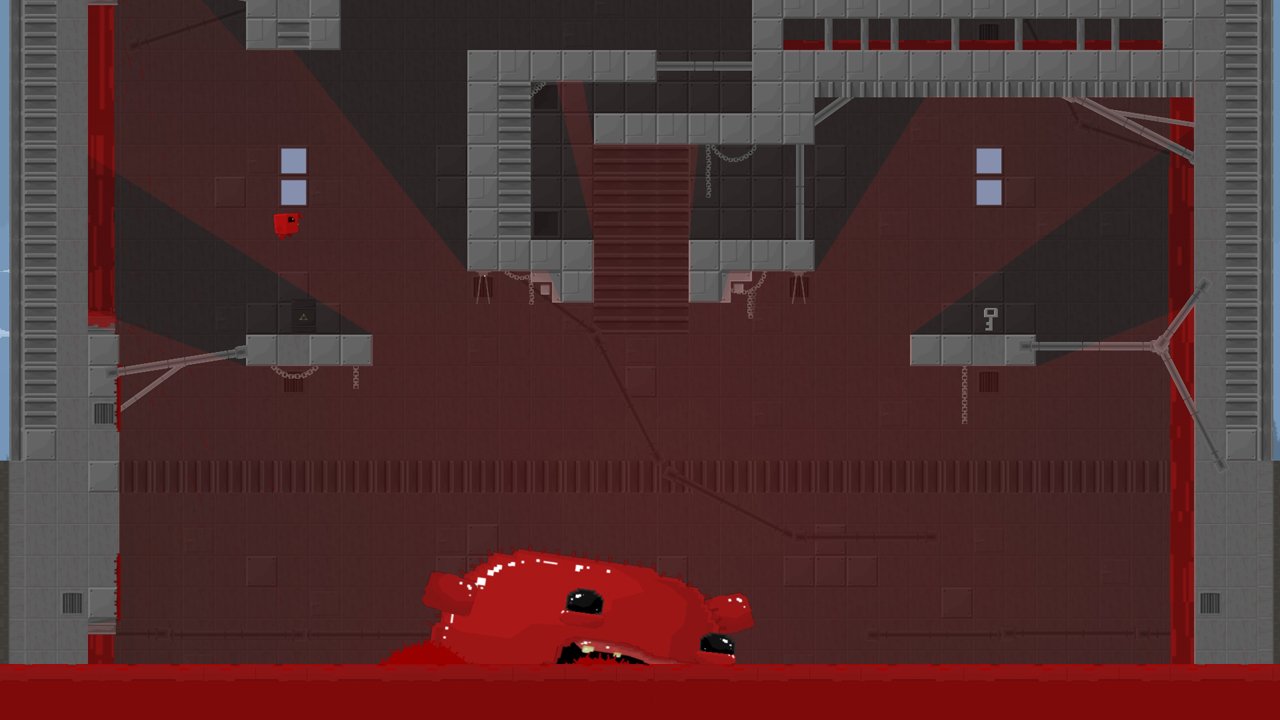
Super Meat Boy
Yep, I’m putting a technically-five-years-old game on my list, because I only got around to playing it during its PS4 re-release. I’m that guy. But you know what? The game is so good, it deserves another shout, however superfluously late that shout might be. The thing is, I’d actually avoided Meat Boy for years. My dislike of verticality in 2D platformers, alongside the sheer amount of time I’d already put into twitch-jumpers like N (back when it was still a Flash game) just told me that it wasn’t for me. But they told me wrong. With a dearth of new Mario around these days (outside of Mario Maker, which did make our GOTY list), Meat Boy’s immensely refined, conspicuously plumber-inspired handling is a perfect substitution, and the hard-but-fair precision of its level design is a delightful, baton-passing replacement for the kind of hardcore Nintendo design I crave in my jumping games these days.
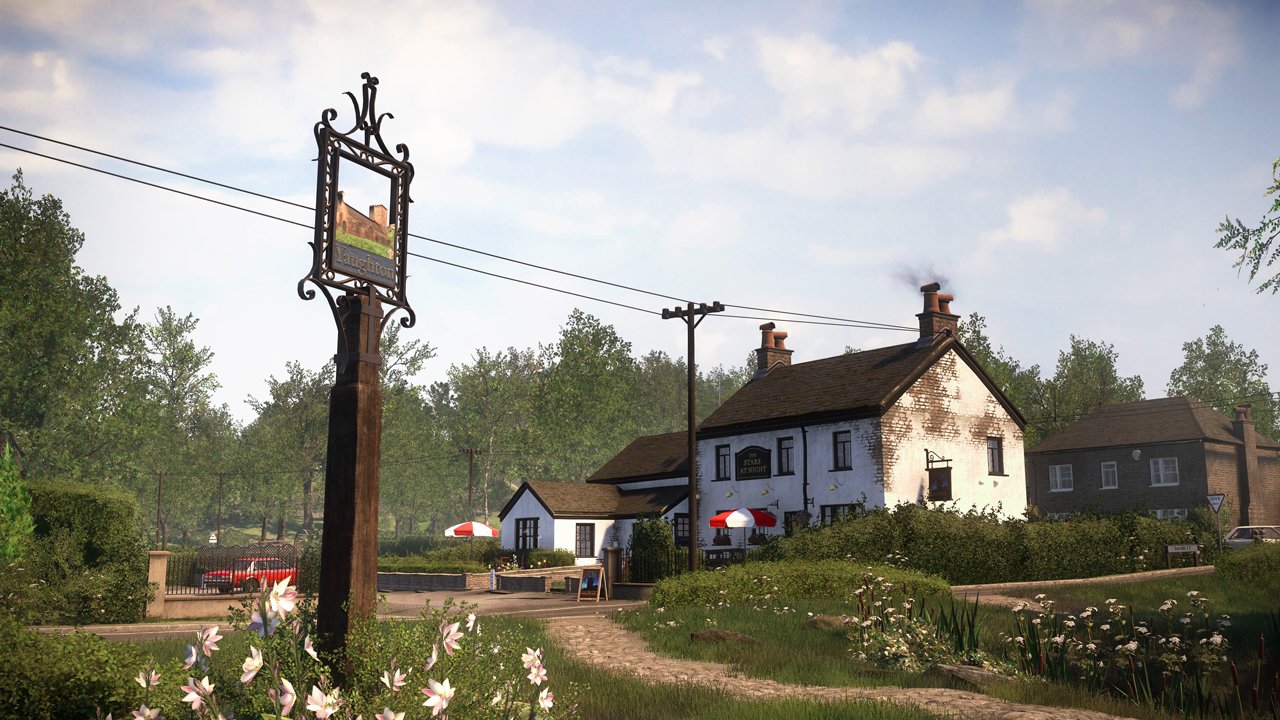
Everybody’s Gone to the Rapture
I’ll skip talk of how wonderfully slow-paced, beautiful, and subtly, powerfully emotional EGttR is, because that’s covered elsewhere in this article. From my perspective as an Englishman, there’s another element that makes the game so special. And that element, simply, is England. You won’t be able to appreciate it if you don’t live here, but Rapture has a more enveloping, more affecting sense of place than any other game I can think of. The level of observation, of evocation, of sheer bloody love and understanding of the look, personality, nuance and atmosphere of its setting is just peerless. It’s as transfixing as it is almost-suffocating. It’s, alas, something that’s going to be lost on the majority of the world, but after decades of seeing Englishness portrayed via red buses, fish and chips, the Queen, and endless levels set in sodding London, that Rapture gets it all so powerfully right, and in such a marvellous game to boot, is staggeringly special.
DAVID ROBERTS
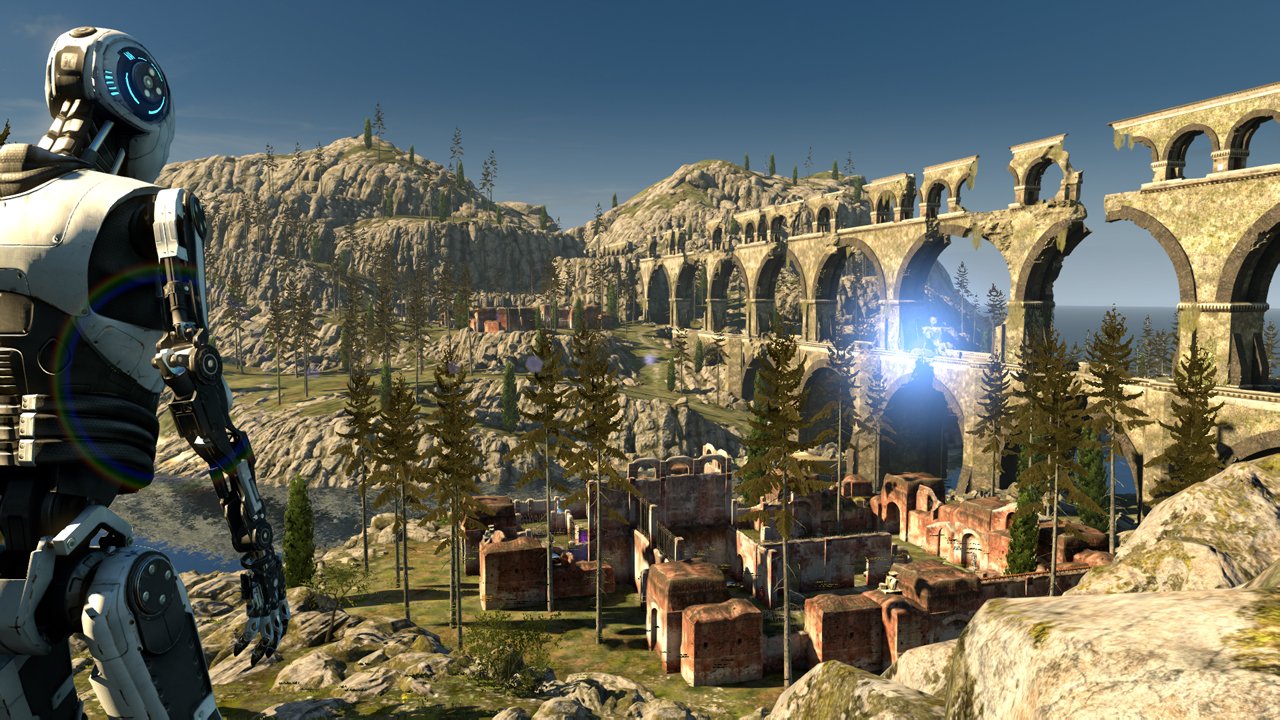
The Talos Principle: Deluxe Edition
For a game about robots and artificial intelligence, The Talos Principle might be one of the most human games I've played. While solving one of its numerous, brilliantly-designed mind-bending puzzles is the initial draw into its world, you'll find that it's the story, co-written by FTL scribe Tom Jubert, that will keep you glued to your controller as you dissect its philosophical questions and piece together the many mysteries hidden in its depths. If you're looking for something a little slower-paced and contemplative, and enjoyed games like Braid, Antichamber, or Portal, don't hesitate to pick it up - The Talos Principle is a modern masterpiece.

Persona 4: Dancing All Night
The Persona series has always had fantastic music, but Persona 4's tunes are in a whole other league. Take those beats, throw them into a satisfying, twitchy rhythm game, and throw all of that into a story that plunges our high school detectives into a series of dance battles for their friends' souls, and well, yeah, it doesn't get a whole lot better than this. A few too many of its relatively limited track list are remixes, but there's not a bad song in the bunch - I could listen to these tunes for ages. Oh, and Nanako dances to the Junes theme song. That's all you really need to know right there.
Sign up to the GamesRadar+ Newsletter
Weekly digests, tales from the communities you love, and more

Yakuza 5
As much as I love the fantastical places video games can go, sometimes I just want a gritty, pulpy, down-to-earth crime drama, and Yakuza 5 is more than willing to deliver on that front. It provides a unique slice of life that's rare in video games, intricately recreating Japanese towns, stores, and various cultural artifacts for the player to interact with, while its narrative continues to explore the inner machinations of the Japanese underworld. But even with its serious, methodical pacing, Yakuza 5's focus on minutiae means it gets to be downright ridiculous at times, throwing about a hundred wildly different video game genres at you during its 50+ hour run-time. One minute you'll have a serious discussion with your friends as you lament where the gangster life has brought you, the next you're in a fistfight with a grizzly bear. It's pure magic.
GamesRadar+ was first founded in 1999, and since then has been dedicated to delivering video game-related news, reviews, previews, features, and more. Since late 2014, the website has been the online home of Total Film, SFX, Edge, and PLAY magazines, with comics site Newsarama joining the fold in 2020. Our aim as the global GamesRadar Staff team is to take you closer to the games, movies, TV shows, and comics that you love. We want to upgrade your downtime, and help you make the most of your time, money, and skills. We always aim to entertain, inform, and inspire through our mix of content - which includes news, reviews, features, tips, buying guides, and videos.
